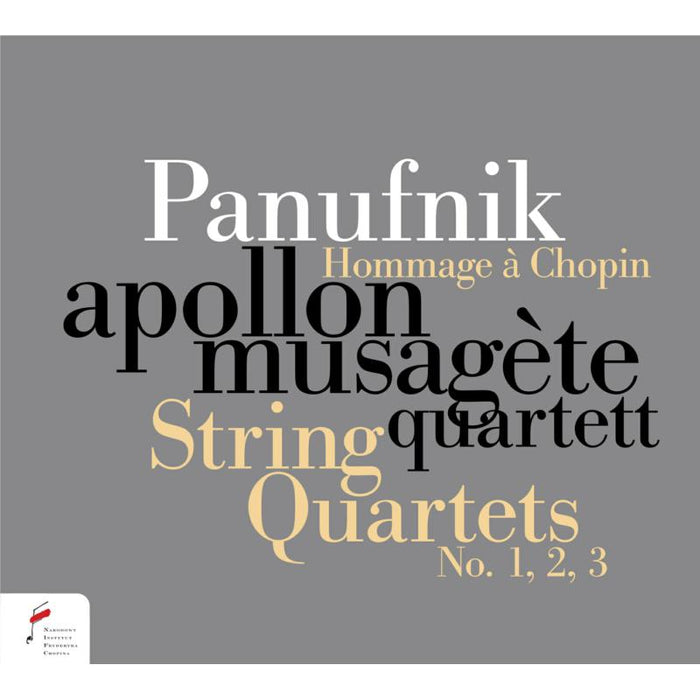Description
Schubert's Quartet in A minor was first performed on 14 March 1824 (the musicians played 'rather slowly, but with great cleanness and tenderness'; the impression of that tenderness was undoubtedly enhanced by the fact that each of the movements of the Quartet begins pianissimo). This work was published in the autumn of that year (quite the rarity among Schubert's works, which sometimes waited years, or even decades, to be published!) as Op. 29, gaining the nickname 'Rosamunde'--from the title of the play to which, in 1823, Schubert composed incidental music, the theme ofwhich served him for the design of the Quartet's second movement, Andante. Rooted in the world of Schubertian song are the opening movement, Allegro ma non troppo, in which the accompaniment is reminiscent of the famous 'Gretchen am Spinnrade', and even more so the third movement, Menuetto, with its quotation from the song 'Die Gtter Griechenlands', to words by Schiller. The finale, Allegro moderato, bears a subtle tinge of Gypsy music. The momentary lightening of the mood in the first theme ends abruptly with the entrance of the somewhat foreboding second theme. Towards the end, the music dies away--only the last two strong chords bring the work to a robust conclusion.
Scholars and performers in the nineteenth and twentieth centuries commenting on Schubert's oeuvre long struggled to define his style, seeking to assign him either to Viennese classicism or to romanticism. In reality, however, as we see with the hindsight of two hundred years, Schubert drew freely on the traditions of Haydn, Mozart and Beethoven while at the same time developing his own ideas, extending from a light, popular idiom to the truly avant-garde works of the last years of his life. Schubert's influence on later nineteenth-century composers is inestimable--and in virtually every genre, except for opera. Chamber music without his contribution--take Brahms, for instance!--is essentially inconceivable. A brilliant melodist and Viennese songwriter, but also a marvellous discoverer of unusual harmonies and architect of musical forms, Schubert remains a constant challenge, presenting us with the task of forever discovering him anew.
This recording is released as part of the Fryderyk Chopin Institute's Resonance series (Rezonans).










